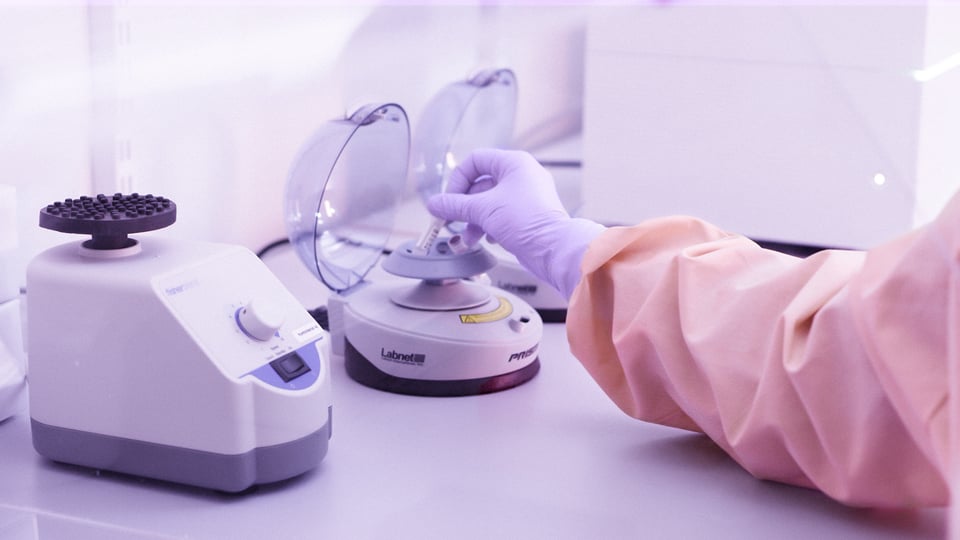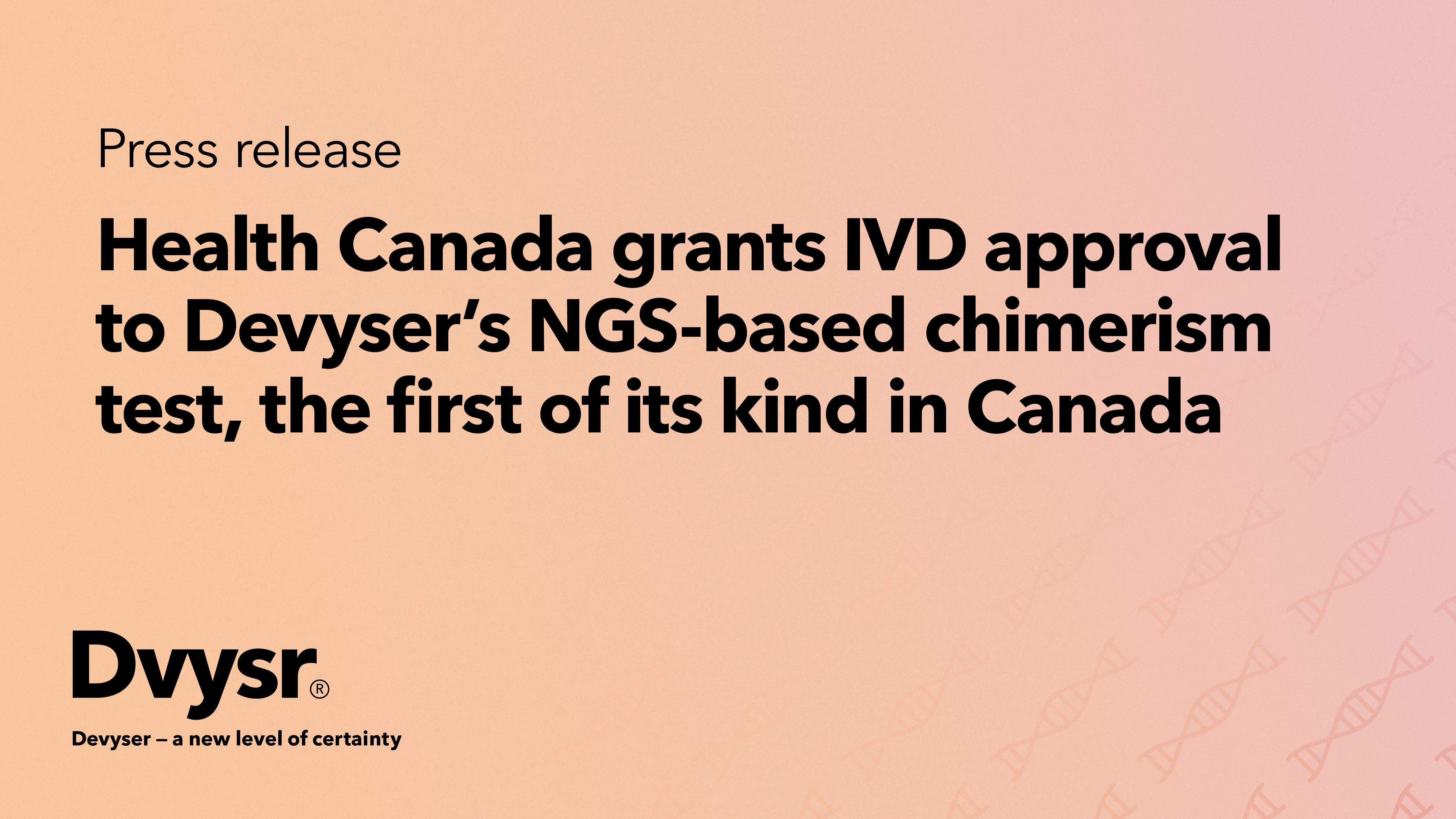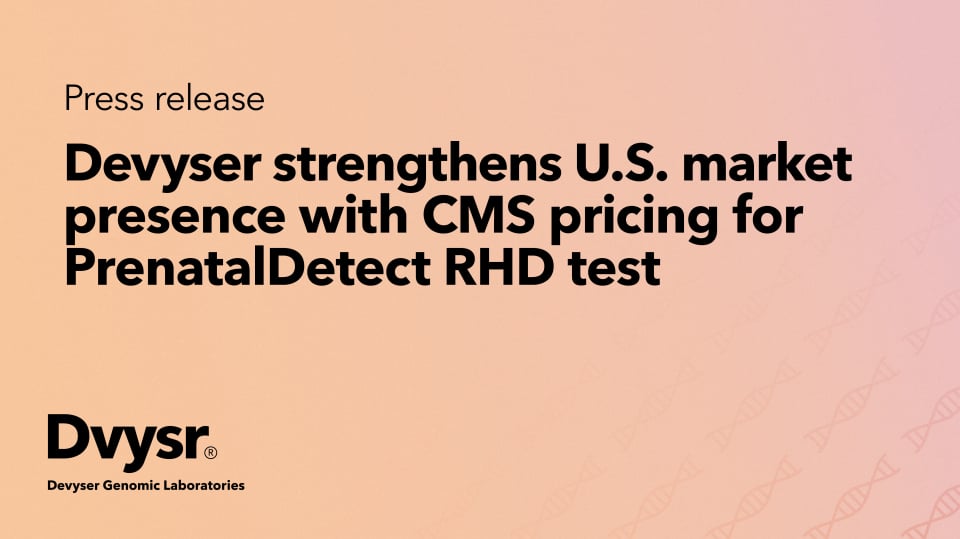Devyser wins Norwegian tender for Devyser CFTR at Oslo University Hospital
Devyser is proud to announce that the company has been awarded a tender by Oslo University Hospital...
Fetal RHD screening NIPT

Fetal RHD screening NIPT | October 13, 2022
We have summarized the findings of three seminal publications that support clinical implementation of our well-established single-exon detection strategy for fetal RHD screening in the first trimester of pregnancy to guide targeting of routine antenatal anti-D prophylaxis (RAADP).
Learn why these studies are important and understand the key findings and conclusions:
• High sensitivity and specificity
• Good window of stability for routine clinical use
• High accuracy using exon 4 only, regardless of PCR strategy
• Very low false negative and low false positive rates
• Potential to reduce unnecessary anti-D treatment
Preview
Devyser RHD builds on published methods for PCR based detection of exon 4 of the RHD gene, which encodes the Rh Blood Group D Antigen. Our kit improves on published sensitivity and specificity values for this test, and provides a simplified assay design that helps streamline and standardize the testing workflow. Here we summarize the findings of three seminal publications that support clinical implementation of this well-established single-exon detection strategy for fetal RHD screening in the first trimester of pregnancy to guide targeting of routine antenatal anti-D prophylaxis (RAADP).

Devyser is proud to announce that the company has been awarded a tender by Oslo University Hospital...
Read More

Devyser, a leading provider of advanced genetic testing solutions, has been awarded a new tender in...
Read More

Devyser is proud to announce that One Lambda Devyser Chimerism and Advyser Chimerism have been...
Read More

Devyser today announced that the Centers for Medicare & Medicaid Services (CMS) has issued its...
Read More